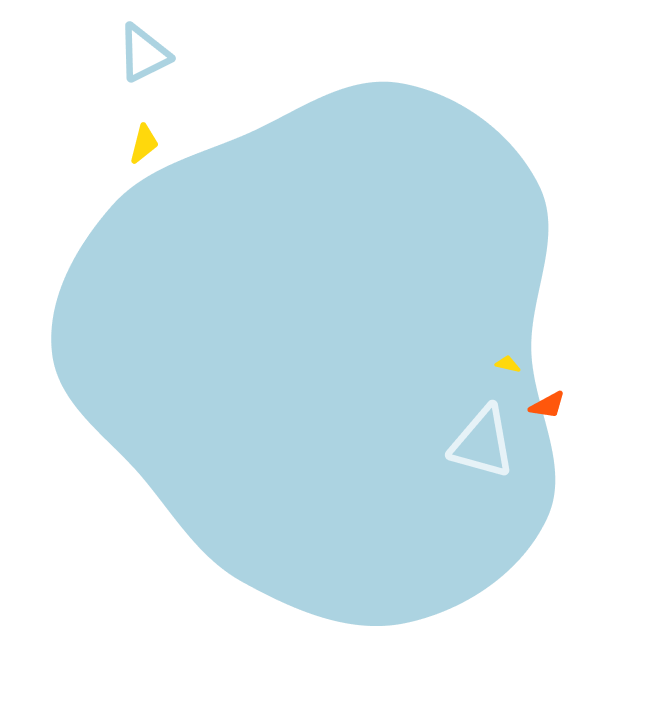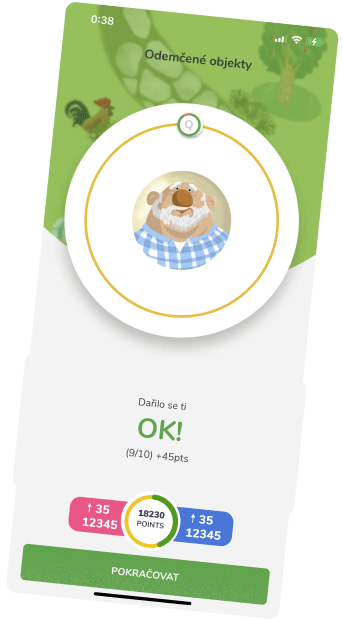English Phrasal Verb Practice for “break down” and “break up”
Emma's day started with an unexpected challenge. Her car broke down [ voiture est tombée en panne ] on the way to school. "Oh no, not today!" she thought, as she called for a tow truck. The mechanic later told her, "Your car's engine broke down [ moteur de votre voiture est tombé en panne ]. It'll take a few days to fix."
Feeling overwhelmed, Emma decided to walk to school. On her way, she saw a group of children playing. Suddenly, two of them started to argue. The teacher had to break up the fight [ a dû interrompre la bagarre ]. She continued walking to school.
In biology class, they were studying about the environment. Today, the teacher explained how materials that break down [ se décomposent ] help the earth. Biodegradable materials break down [ Les matériaux biodégradables se décomposent ] faster than plastics. Emma took lots of notes. Her notes broke down [ notes décomposaient ] what the teacher said.
At lunch, Emma sat with her best friend, Lucy. Lucy looked sad. "What's wrong?" Emma asked. With a sigh, Lucy replied, "Jake and I decided to break up [ de rompre ]. It was a tough decision." Emma hugged her friend, offering comfort.
After school, Emma went to her part-time job at a cafe. There were a lot of people in line to get a table. So, the manager broke up the group [ a divisé le groupe ] into two lines. One line was for take-out food, and the other line was for waiting for a table.
Later, Emma was assigned to restock the shelves. She broke down [ démontait ] the large boxes to store on the shelves. She looked for more empty boxes on the shelves to break down [ à démonter ].
That evening, Emma checked on her home's compost bin. She noticed how the organic waste was slowly breaking down into soil [ se dégradaient lentement dans le sol ]. It reminded her of her biology class. She saw how organic waste breaks down into dirt [ les déchets organiques se transforment en terre ].
Emma returned home to find her family in the middle of a serious discussion. They were talking about moving to a new city. The thought of moving made Emma feel anxious, and she broke down in tears, fearing the change.
Her parents sat down with her and broke down [ lui ont expliqué ] the reasons for the move. They explained the benefits and how it would bring new opportunities. Gradually, Emma's fear turned into excitement.
As Emma went to bed that night, she realized how much she had learned in just one day. From breakdowns and breakups to breaking things up and down [ à casser les choses de haut et au bas ], every challenge had a lesson hidden within. She fell asleep, ready to face more challenges and changes ahead.



















